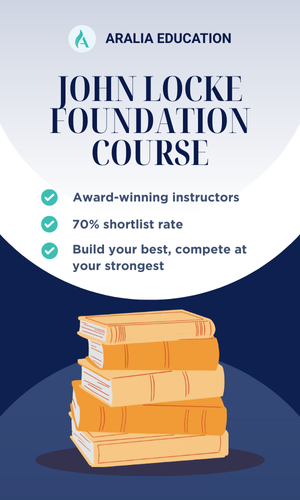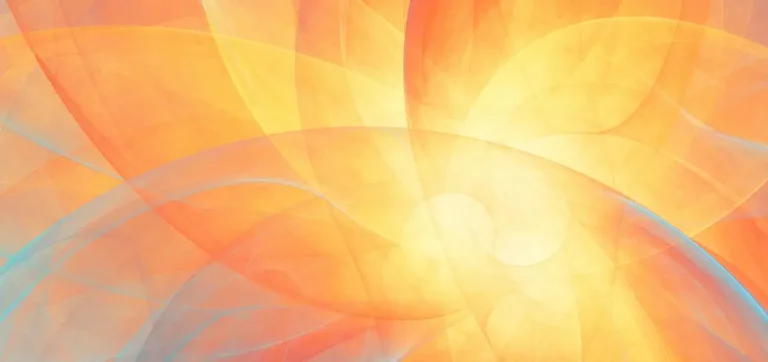1. Start with Personal Projects
Projects are one of the clearest ways to show what you know. They prove that you can materialize your ideas into a working product.
Things you could build:
- A personal website to introduce yourself
- A simple game or quiz using Python or JavaScript
- A tool to solve a problem at school (like a grade calculator)
- A website for your school club or local business
- A solution to someone’s pain point in their job
Try building and sharing projects on:
Build a Strong Foundation in Computer Science
2. Take Online Courses and Earn Certificates
Online courses are a great way to learn new skills at your own pace. Many platforms offer beginner-friendly computer science courses and even give you a certificate when you’re done. Tip: Always keep a list of completed courses in a digital resume or personal website.
Great platforms to learn on:
3. Join Hackathons and Coding Challenges
Hackathons are events where you team up with others to build a coding project in a short time, often a weekend. Even if you’re still learning, joining these events helps you practice and connect with other young coders. You’d be surprised how much those relationships can help you in your future career. Even if you don’t win, the experience is something you can add to your resume or portfolio.
Popular competitions and events:
In addition, we have written an article discussing other computer science competitions for high school students.
Master ACSL with Expert Coaching
4. Share What You Learn
Teaching others or explaining concepts shows that you truly understand them. By going over ideas you are already familiar with, you sometimes gain new insights and perspectives that deepen your expertise. Teaching can also build your communication skills.
Ways to share:
- Record short videos explaining coding topics.
- Write blog posts about what you’re building.
- Tutor younger students or help classmates
F.ree platforms to publish content:
5. Build a Portfolio Website
A personal website or portfolio is a great way to showcase your work. It gives people a place to learn about you and your skills and is a nice ‘excuse’ to expand your technical toolset.
What to include:
- A short bio about your interests
- Links to projects, videos, or writing
- Skills and tools you’re learning (like Python, JavaScript, or Git)
- Certifications or achievements
Easy tools to build a portfolio:
6. Join Tech Communities
Getting involved in the tech world outside of school shows that you’re passionate and curious.
Ways to get involved:
- Join your school’s coding or robotics club
- Attend tech meetups or virtual events
- Volunteer to build a website or app for a local group
- Ask questions and connect with others on forums
Communities and event listings:
7. Apply to Summer Programs and Internships
There are outstanding programs designed specifically for high school students looking to explore computer science in greater depth. While learning from top instructors is valuable, the most meaningful growth often comes from the everyday challenges you tackle with your peers.
Tip: These programs are competitive, but showing personal projects and passion can help your application stand out. Check out our guide to 12 MIT Summer Programs for High School Students.
Well-known programs to explore:
You don’t need to wait until college to start achieving big things in computer science. Every course you finish, every line of code you write, and every person you help counts. Start small, stay curious, and keep building. Your journey in tech can start right now.
At Aralia, the ACSL Competition Prep program helps students build the skills and confidence needed to excel in the American Computer Science League. The course includes two weeks of foundational programming followed by focused sessions on all 12 ACSL topics, with off-topic problems before each contest to boost problem-solving skills. Taught by a former computer science teacher and an award-winning ACSL coach, the program offers expert instruction and proven mentorship to help students enhance their problem-solving skills and prepare them for success. For more information, visit Aralia | ACSL Competition Prep.

ACSL Competition Prep
The program begins with two weeks of dedicated programming practice to provide participants with an opportunity to enhance their skills. Subsequently, each of the 12 ACSL topics is allocated a two-week period, allowing ample time for in-depth exploration and understanding. Prior to each contest, participants are presented with two programming problems that are intentionally unrelated to the current topics. These problems are designed to enhance the coder’s skills and foster comfort in tackling diverse challenges.








